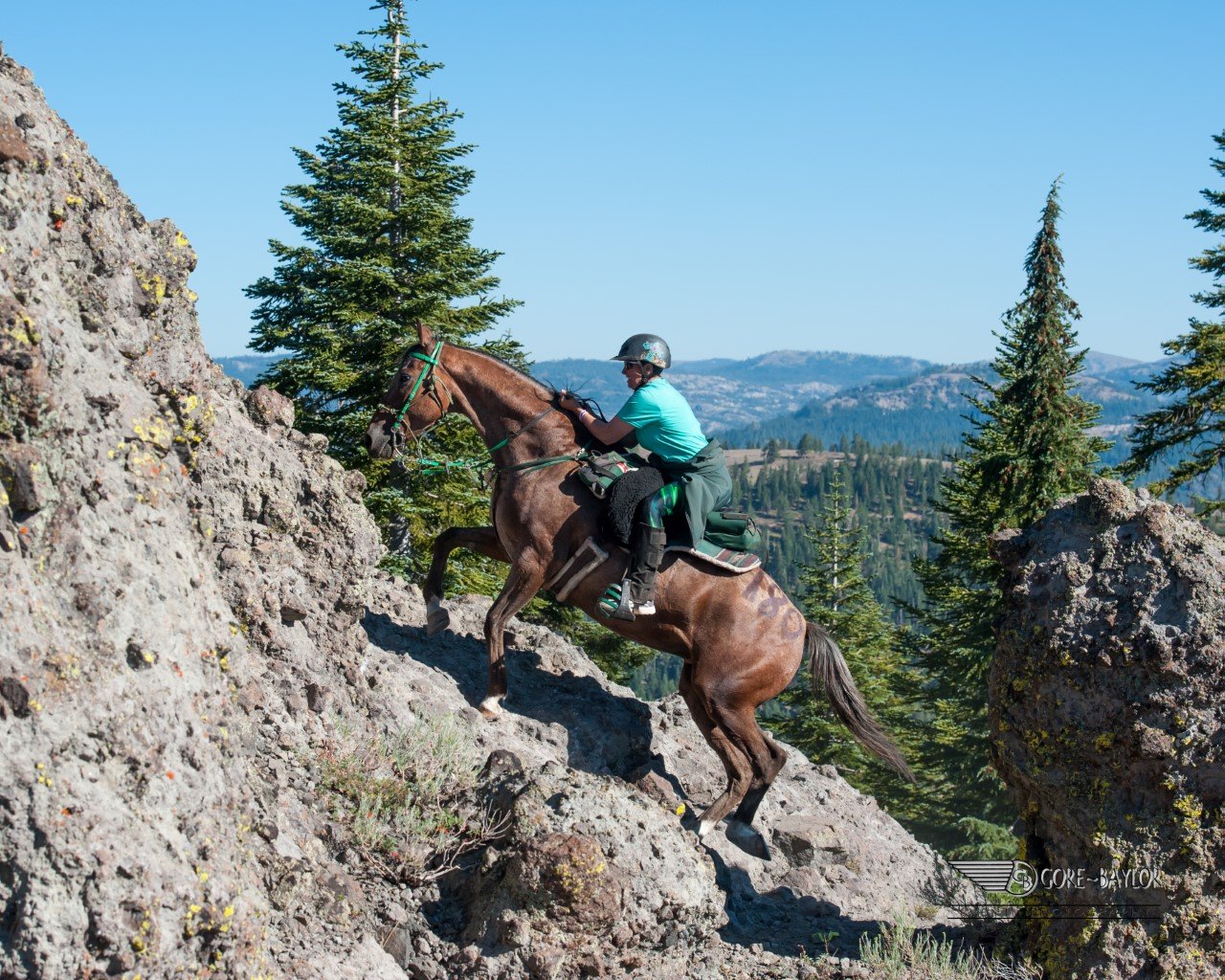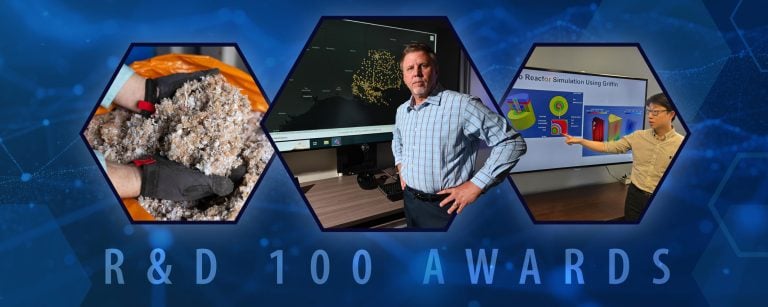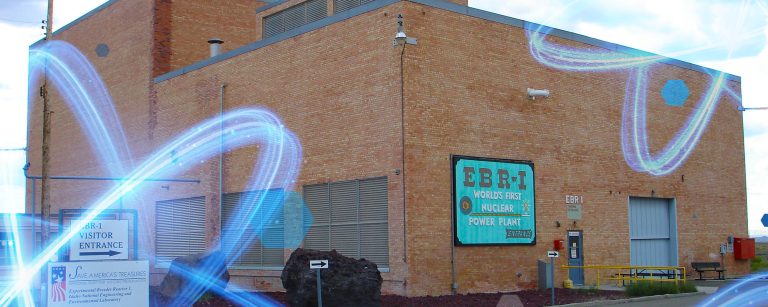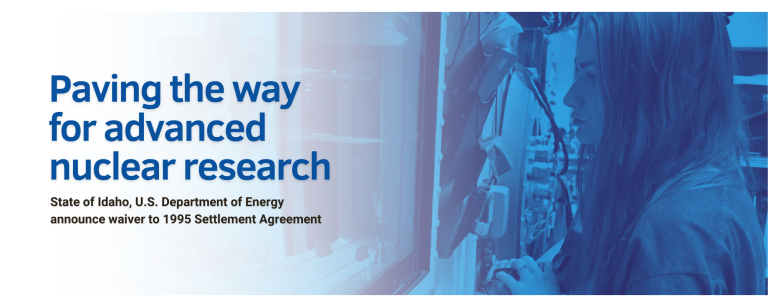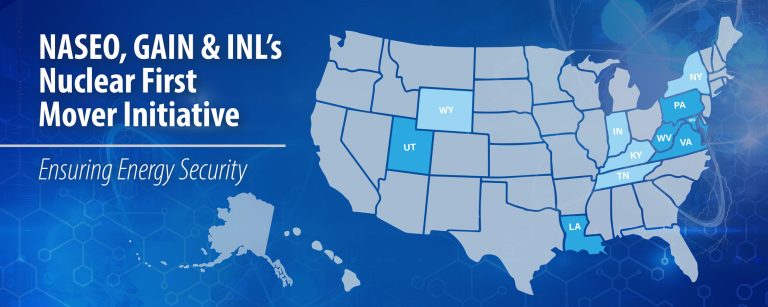Jessica Cobbley loves preparing others for the ride of their lives.
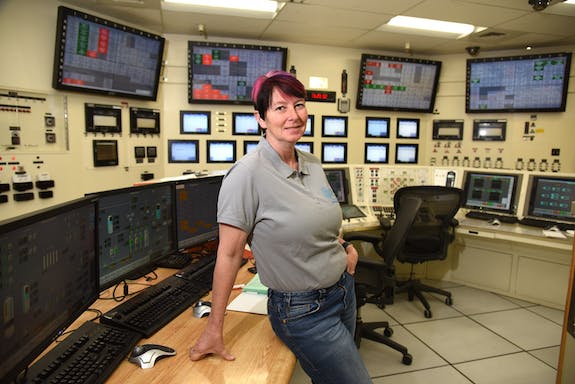
In her work at Idaho National Laboratory, Cobbley works as an Advanced Test Reactor e-learning technologist. She spends her days finding ways to incorporate new technology like virtual and augmented reality or 3-D printing into the training classroom for the national laboratory’s test reactor.
Off the clock, Cobbley spends time with her passion of equine endurance racing – and works to help others in Idaho enjoy her beloved sport as well.
Growing up in Montana, Cobbley claims she was “riding horses before I could walk.” Her love for horses only grew when she discovered long-distance competitive trail rides at the age of 11. She spent years training, competing and caring for her horses.
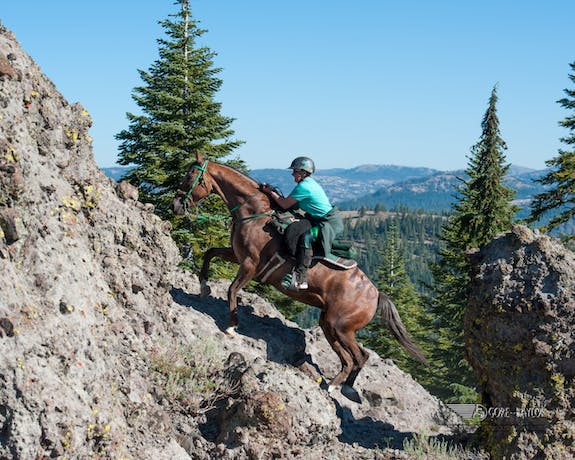
She began endurance racing in 2014. Today, Cobbley and her husband both compete in the sport. The couple has seven horses, three of which are used for the difficult endurance races.
Endurance equine racing requires immense dedication, determination and focus. The events involve one rider and one horse riding 50, 75 or 100 miles in one day. Cobbley has completed the longest division of racing – a full 100 miles. The days are long and start at 5 a.m. The races often take horses and riders through rugged terrain. But the real focus of the race is the work a rider does to take care of their horse through the literal ups and downs.
“One of the best things about endurance as opposed to showing horses is that nobody cares what kind of horse you have, or how shiny it is, or how your tack matches, or what kind of rig you pull up in,” Cobbley said. “All they care about is how well you take care of your horse before, during and after a race.” Competing horses are examined by a veterinarian before, during and after a race. If a horse looks unwell, the rider is asked to stop.
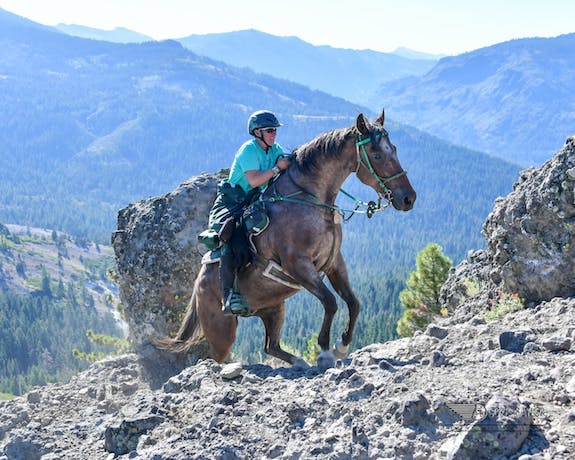
This happened to Cobbley on her second, and most recent, 100-mile race through the Sierra Nevada mountains in California. After 85 miles with 17,000 vertical feet of uphill riding and 22,000 vertical feet of downhill riding, the veterinarians determined that her horse’s back was too sore to continue, and she was pulled from the race.
While there are placement awards for finishing these races quickly, “The big award everyone really wants to get is best condition, which is entirely based on your horse and how he looks an hour after he finishes,” Cobbley explained.
The connection between a horse and its rider is paramount to endurance riding. And it’s something that can be enjoyed at all ages. “It’s a very family-friendly sport. We have lots of awards for juniors,” she said. “We have people out there riding thousands of miles a year that are 70. It’s about horsemanship. As long as you can hang with your horse and not be a burden, you can keep doing this sport.”
She also uses her passion for endurance riding to expose others to the great Idaho outdoors. Each July, Cobbley organizes a three-day ride outside of Spencer, Idaho. Participants have a chance to connect with their horses while they enjoy scenic Idaho. In line with the family-friendly nature of the sport, kids ride free.
And like Cobbley’s favorite activities: It’s sure to be a great ride.
Hobbies are fulfilling, and fulfilled people make more productive employees. Hobbies unearth hidden skills, alleviate stress, unite you with others, and improve quality of life — all things that will help you function better at work. See other stories about Idaho National Lab employees.

